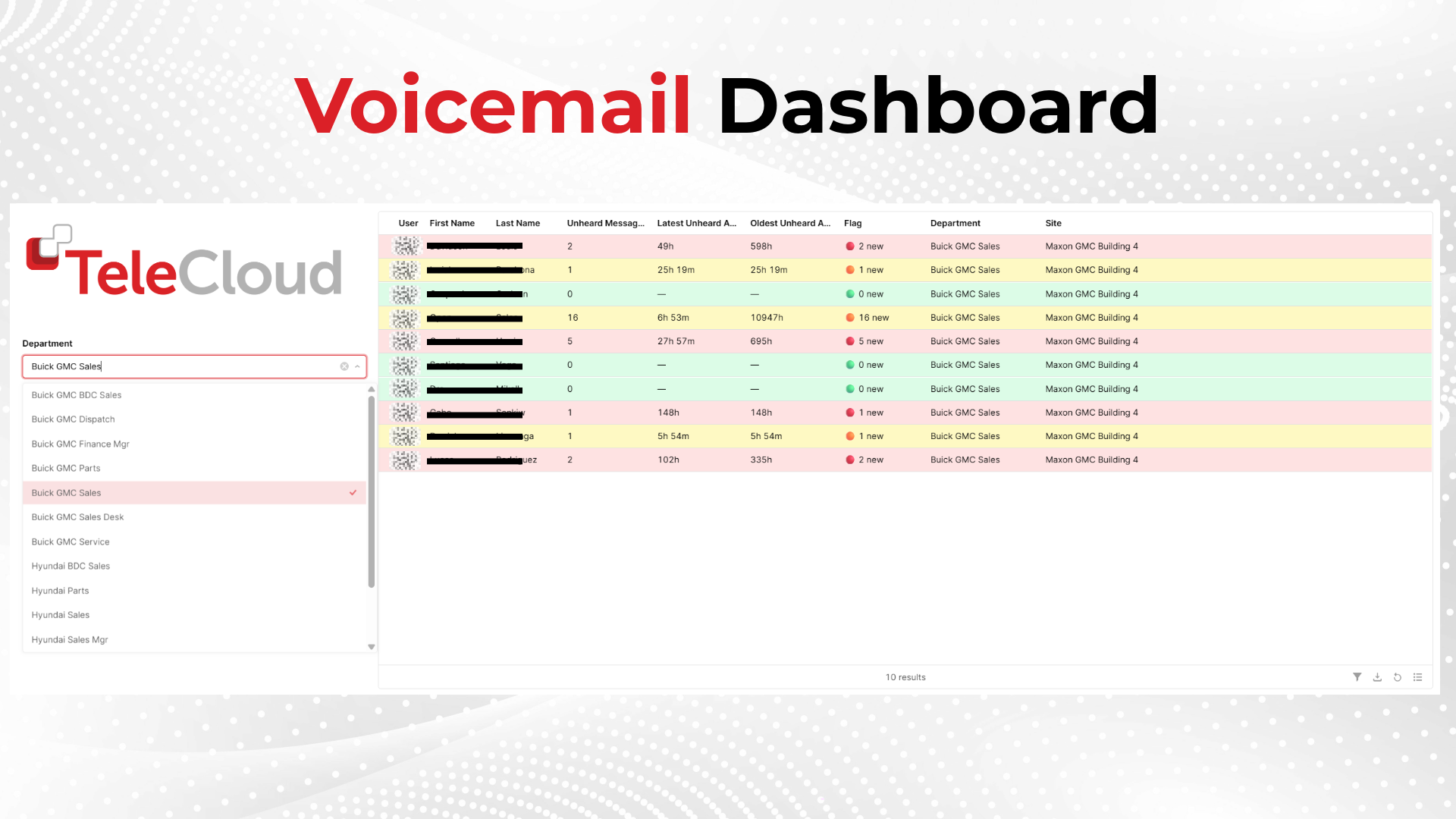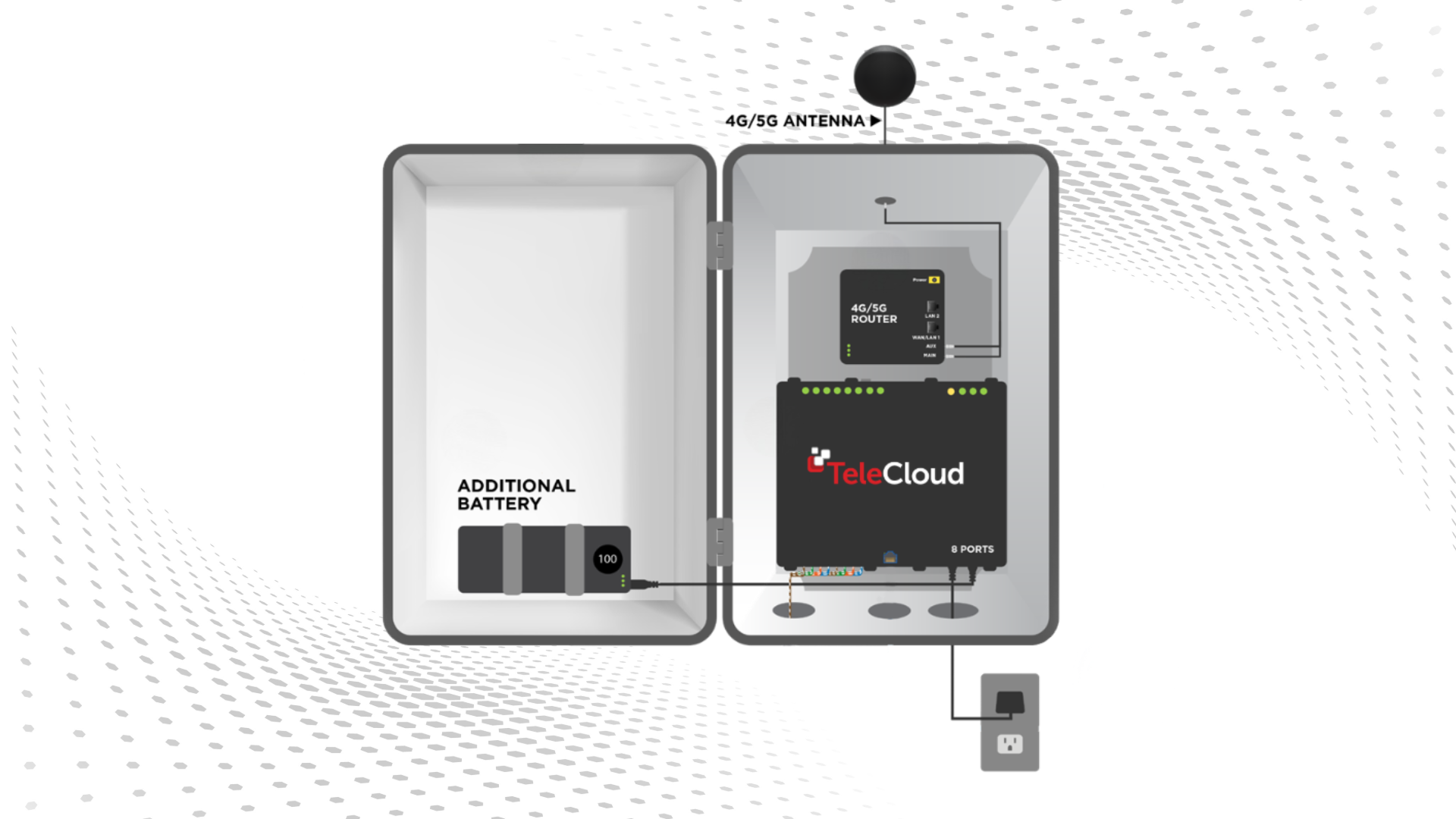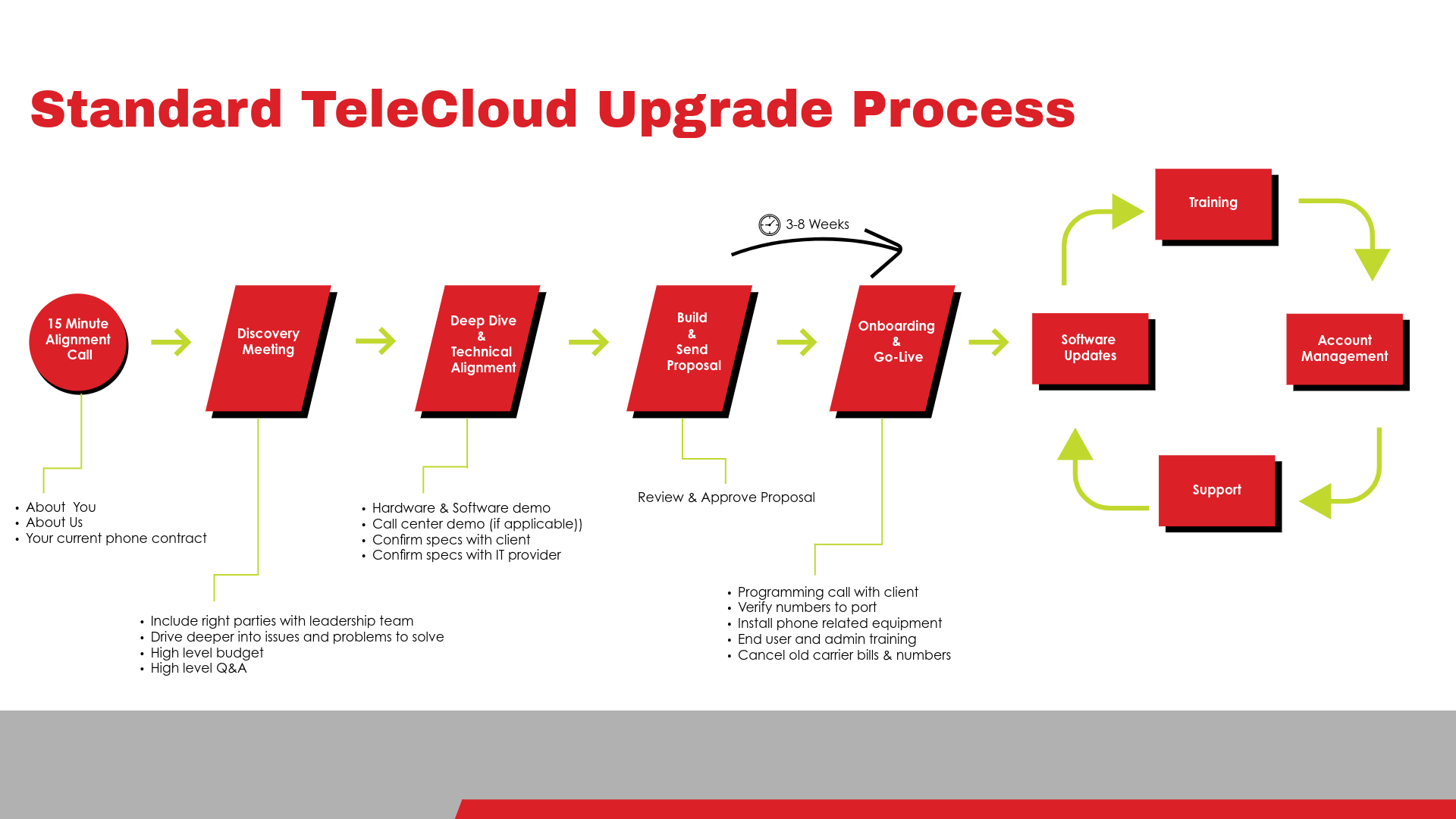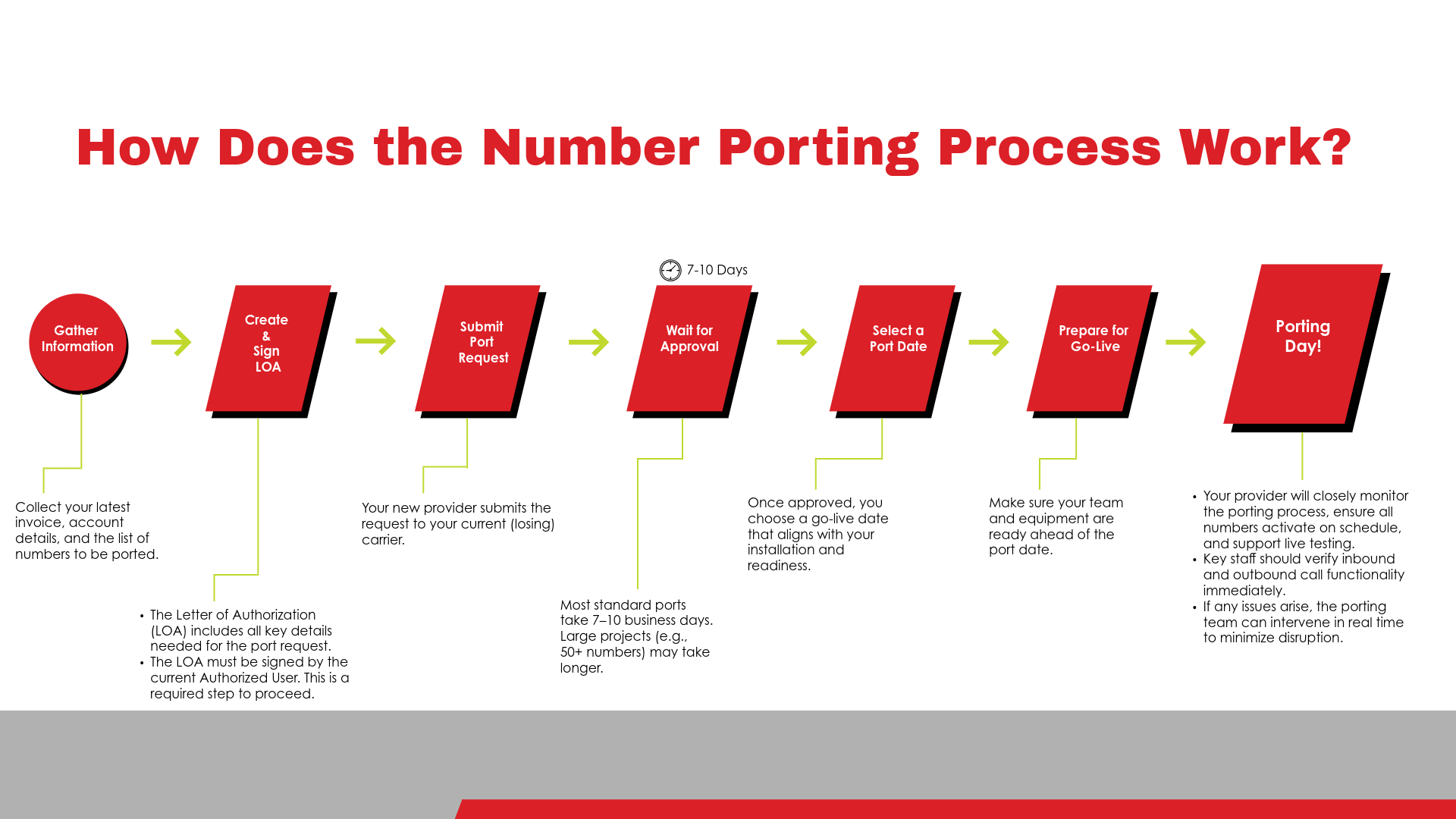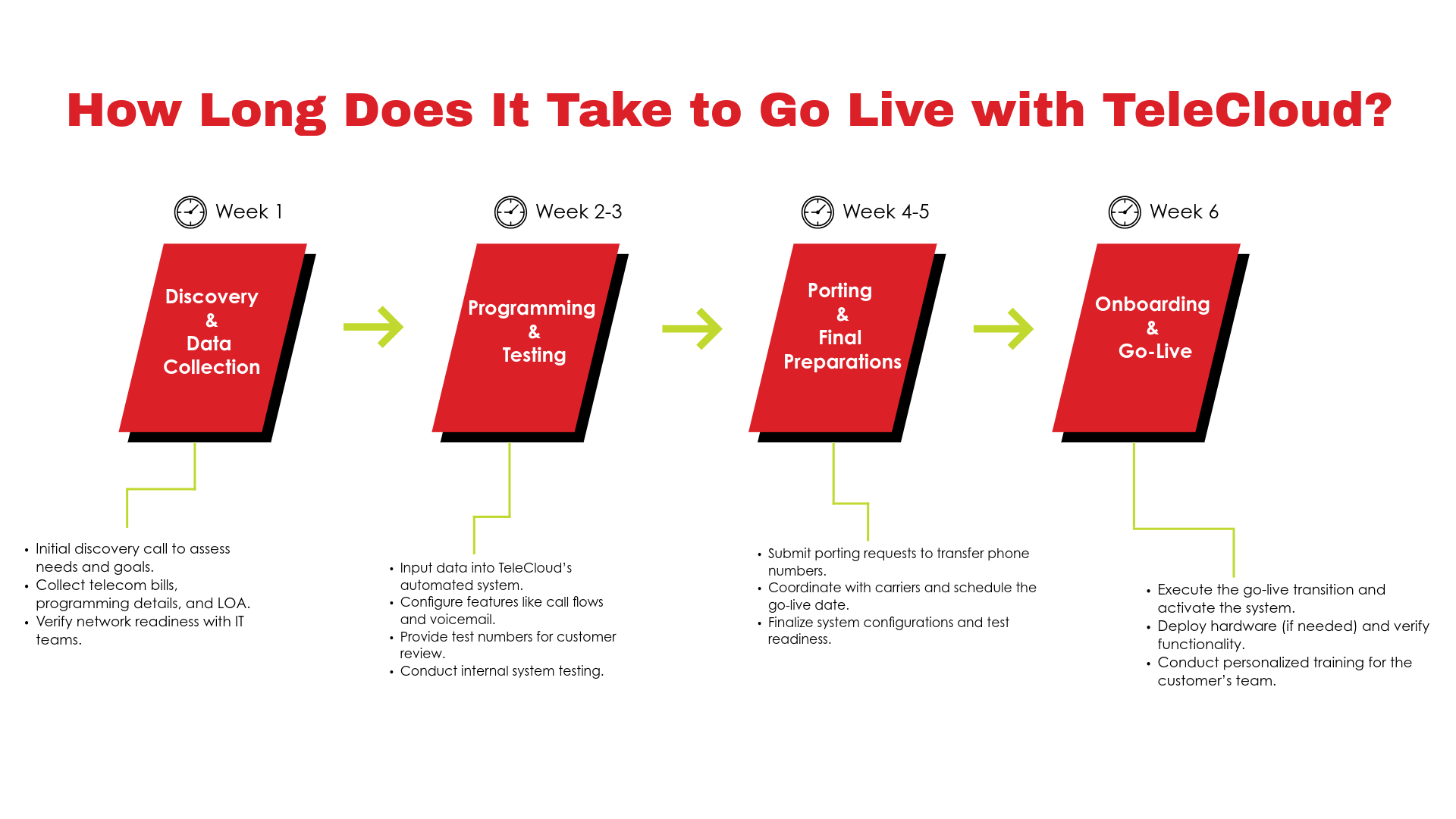What is the call quality like on a VoIP system vs a traditional phone system?
March 28th, 2016
6 min read

We will discuss call quality on VoIP phones at businesses, and some reasons why you might be getting less than perfect quality. I was sitting in my office the other day and got a cold call one typical weekday morning. I don't even remember what they were offering, but I do remember I could barely understand the person. It sounded like a lot of echo and the words were delayed and broken up. It wasn't due to an accent or what they were talking about; it was the call quality of the phone connection. I find it amazing that in today’s day and age people still settle for less than perfect call quality.
And this brings me to a question that I hear a lot from prospective clients. When we are proposing a VoIP Phone solution to a business, at times we get the question about quality.
Let's face it, no one, especially us fast paced and fast talking Jersey folks have the patience to deal with a poor phone connection. People, including me and your customers, hate it! It is expected that everyone wants to be able to communicate effectively and clearly, and with VoIP phone systems, businesses can do just that.
What is the call quality like on a VoIP phone system?

Long story short, if everything is set up and configured correctly, you hired a knowledgeable, reputable VoIP provider, and you’re IT hardware is supported regularly, your call quality should be near perfect. It should be very clear, to the point where it sounds as good, if not better than traditional premise based phone systems.
The problem is, that's not always the case….so let’s review some of the possibilities that can cause quality problems.
Identifying call quality issues on a VoIP phone system at a business.
If you said "internet based phones" or "VoIP" 10 to 15 years ago, most people would run the other way. The reasons were pretty simple, and it usually had to do with internet limitations, installation and proper hardware or wiring setup. Regardless, business owners and managers did not want to shift to a VoIP service because there was a possibility they would sacrifice quality.
In the past there were many pitfalls hindering a VoIP system from functioning properly, and I've personally heard plenty of horror stories of folks who tried it and went back to their old providers.
So let's identify why there could be call quality issues.
Poor internet connection effects VoIP phone quality.
Simple enough. If you have flaky or unreliable service, you're going to most likely experience issues with call quality. With VoIP service you're going to need a steady, reliable internet signal. Fortunately, you can get a pretty good connection almost anywhere in the greater New Jersey/New York City area, meaning you should have the option to upgrade to a faster service from your current ISP.
When you think of a VoIP phone and your internet connection, think of your car and the highway. For the optimal driving experience, you're going to want a smooth, wide open road with no traffic. You're going to want a nice high speed limit so you can get where you need to be quickly.
VoIP systems are kind of the same. VoIP service needs your internet connection to be solid and consistent.
For a small business (usually under 20 users) it is usually safe for VoIP to function over Cablevision, Verizon FiOS or Comcast. In our experience FiOS is the best of the 3, and usually has the least amount of technical issues with a VoIP system. For most folks, you'll have a very reliable and high quality of calls 95 out of 100 times, assuming no corners were cut during the installation and set up.
For the other 5% of people, you may experience echo, static, and generally just crappy call quality. There are tips and tricks to make sure this does not happen to your business, but without being on-site and diagnosing your system, it's hard to provide recommendations. There are a few things to diagnose such as the internet, wiring, IT hardware or the system in the data center.
For a business over 20 employees, a dedicated MPLS Circuit is typically recommended to ensure optimal service. In short, a MPLS circuit is a dedicated, private internet connection between you and a data center. This ensures you're not sharing your connection with anyone, virtually always providing dedicated internet & level of reliability commercial ISPs can't match. For scaled businesses with a budget ordering a dedicated MPLS circuit is recommended to guarantee high quality all the time.
Sharing the wiring that connects your VoIP phone & computer.
If you're using one cable line that splits to different pieces of technology (computer, printer, networked storage devices, etc.) and your VoIP phone, you can expect quality issues and future headaches. Sharing a cat5e cable line between a phone and PC has caused as many issues with VoIP Quality as a poor internet connection. We find businesses that have this set up is usually because they did not know any better and the VoIP Provider they hired thought they were “saving them money”. All they did was cause pain and frustration which could have been easily resolved.
When your computer is properly wired (forgive the industry terms) your VoIP system needs a cat5e or cat6 connection, and it should not be shared with your computers. If you are a very small business (i.e. less than 8 people or thereabouts) then following best practices is less critical, but we still recommend it. For companies larger than ~ 8 people, you should absolutely be separating your cabling lines.
The problem is, when you share wiring there is a greater chance for tech problems and slowing down your network. But in some offices this is almost unavoidable, and customers generally don't want to have to re-run wires throughout the entire office. If that's the case, there are some tech solutions available to you. There's a piece of technology called a Phybridge appliance that can help eliminate the problem and prevent sharing wiring. Phybridge is ideal when you need to re-use cat3 wiring in an existing office environment in order to install IP Phones and avoid spending money on cat5e cable connections.

Tech issues & how they affect VoIP call quality at a business.
In addition to separating the wiring and getting a reliable, high speed connection, we have some basic tech recommendations that help improve quality. Warning – For the non-technical, this may be gibberish.
We recommend installing a dedicated network (PoE) switch and a separate VoIP firewall separate from your IT network. This avoids finger pointing between the IT provider and VoIP provider in case of any issues. Additionally, it helps avoid confusion and allows easy pinpointing of a technical problem down the road. Unfortunately, it is easy for one vendor to blame another and the customer is caught often in the middle and usually confused. Most VoIP Providers and IT vendors have learned to play nice in the sandbox.
Low quality VoIP providers generally have worse call quality.
Just like everything else in life, you get what you pay for. You go with the low-bidder for a VoIP service, and you're going to get low-bidder quality. There is a reason some VoIP Providers advertise VERY low rates because that is all they can win the business on is an attractive price. What they don’t tell you is you’ll have a poor on-boarding experience and many more quality and tech issues down the road.
The issue is not all VoIP providers are created equal. I'm not going to say were the best fit all the time and only #1 choice because that's not reality. The point is that some providers overpromise and underperform, and then you're stuck in a contract. Trust me, this isn't something you want to deal with. Undoing the wrong decision when it comes to a VoIP System will bring grief & regret into your business life.
Here's how VoIP works in a nutshell. VoIP providers all use data centers for the routing and processing of your phone calls. Some networks are solid and reliable, provide great service, and have millions of dollars invested in solid infrastructure. Other networks are less solid, less reliable, and their infrastructure investments may be less than adequate to handle the volume of call processing and system functionality.
Some providers route your calls over a less expensive or cheaper network on the back end, which is something you personally couldn’t resolve but is something that will negatively impact your call quality. This is something that a lay person would not know, and even IT professionals may not realize, but it's important to know & consider if you are experiencing VoIP quality problems.
The biggest problem with VoIP system call quality is from cutting corners.
Period end of story. That's it. If corners are cut, whether on your local set up or on the internet provider, or on your VoIP provider’s back end, then you're going to have call quality problems.
Internet, wiring, IT hardware, and routing over a data center can all impact call quality on VoIP. Whenever the right technology, provider, and IT professionals are in place above, a business should expect great quality calls and service over the VoIP phone system at their business or office. To learn more about the tech that goes into ensuring great quality VoIP phone systems, click here to contact us, shoot me an e-mail directly at vin@tele-datasolutions.com, or touch base with me at 908-378-1218.
 By Vincent Finaldi
By Vincent Finaldi
Vice-President, Tele-Data Solutions
E-mail: vin@tele-datasolutions.com | Direct Line: (908) 378-1218
What brings me satisfaction is meeting with New Jersey–based businesses and genuinely helping them solve communication and business problems. As someone who has lived in New Jersey my entire life, I love working and playing here. I live in Morristown with my wife, Lisa, and root for the New York Giants.
vin@telecloud.net OR call/text 908-378-1218
Topics:





